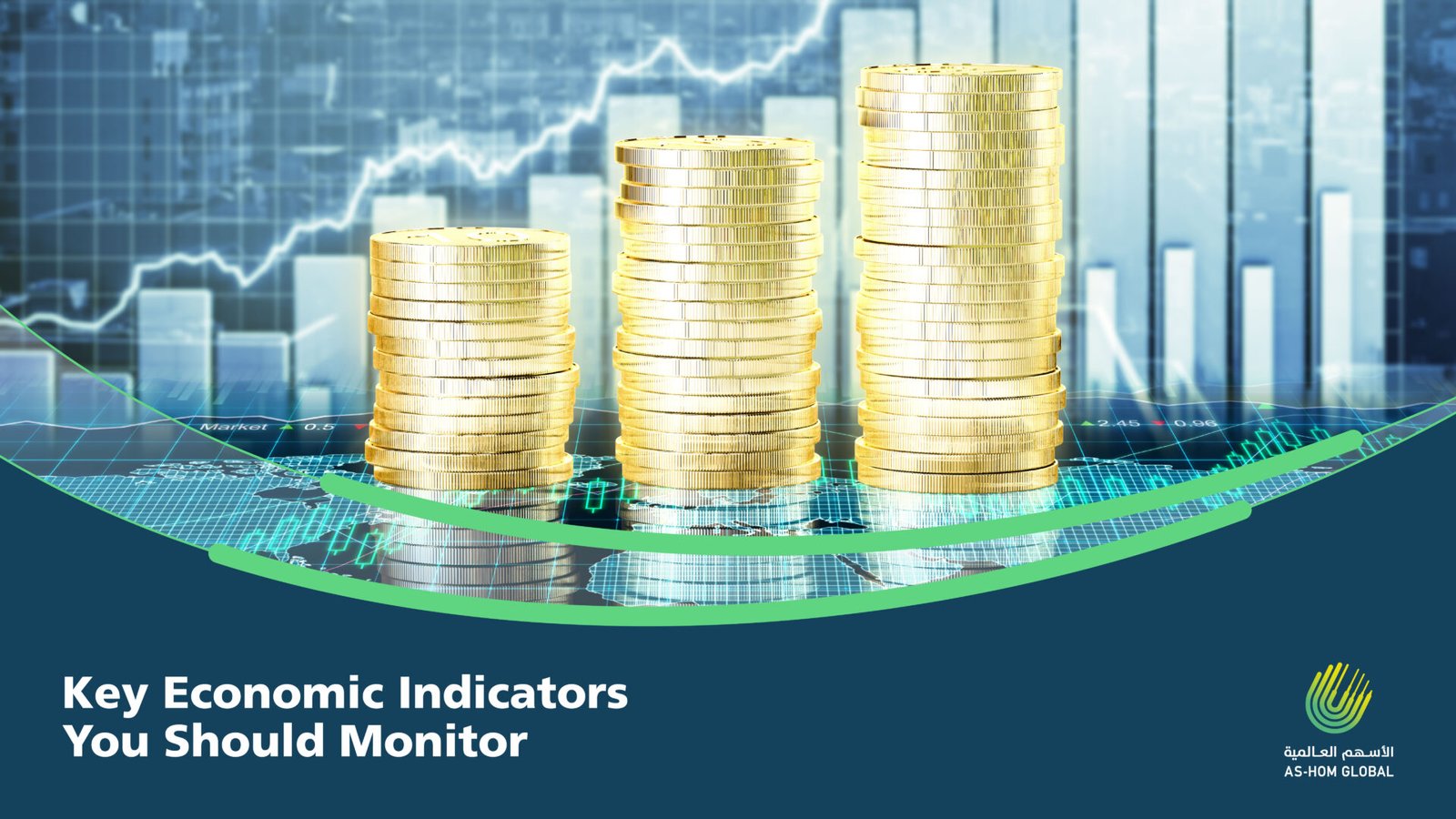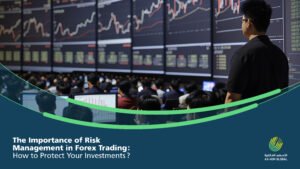Economies aim for sustainable growth, but the economic landscape is continually evolving due to a variety of factors, ranging from government policies to global conditions. Therefore, it is crucial for investors and those interested in economic fields to keep an eye on a diverse set of economic indicators. This awareness helps in understanding the significant shifts that might take place in the markets.
Core Economic Indicators
It is essential to note that there are several economic indicators that serve as a compass, guiding investors in their decision-making processes. Below are some of the most important of these indicators:
- Gross Domestic Product (GDP) Growth:
- GDP growth represents a measurement of economic performance, reflecting the total value of goods and services produced within a country. An increase in GDP growth usually signals a robust economy, while a decline may indicate a potential recession or economic downturn.
- Inflation Rate:
- The inflation rate measures the change in prices of goods and services over a specific period. A high inflation rate can lead to a decrease in purchasing power of the currency, negatively impacting investments and overall economic stability.
- Unemployment Rates:
- Unemployment rates indicate the percentage of the labor force that is currently without jobs. A rising unemployment rate typically reflects a weak economy and a decrease in consumer spending, which can harm growth prospects.
- Interest Rates:
- Interest rates have a significant impact on the costs of borrowing and investing. When interest rates are low, it encourages borrowing and spending, thereby stimulating economic growth by increasing cash flow in the economy.
- Stock Market Indicators:
- Stock market indicators reflect levels of confidence in the economy. Fluctuations in these indicators can provide early signals about future economic trends, giving investors crucial insights into market health.
- Exchange Rates:
- The exchange rate illustrates the strength or weakness of the national currency compared to foreign currencies. Any changes in exchange rates can affect international trade, which in turn can influence overall economic growth.
- Consumer Confidence and Spending Indicators:
- These indicators are related to how much consumers are spending and their confidence in the economy. Higher consumer confidence tends to lead to increased spending, which supports economic growth as businesses thrive from the heightened demand.
- Growth Rates of Major Economies:
- Monitoring the performance of the world’s largest economies, such as the United States and China, is essential because changes in these economies can have ripple effects on smaller economies around the globe.
- Political and Geopolitical News:
- Political and geopolitical events significantly affect markets. Military tensions or changes in trade policy can lead to extensive market fluctuations, impacting investor sentiment and economic stability.
- Company Reports:
- The earnings reports of large companies provide insights into the health of various economic sectors and market trends, helping investors gauge which sectors may be performing well or struggling.
How to Monitor These Indicators
To successfully track these indicators, investors should utilize reliable sources. Among these sources are:
- Government Data: Governments typically release their economic data, such as inflation rates and unemployment statistics, which serve as valuable tools for analysis.
- International Reports: Organizations such as the International Monetary Fund and the World Bank publish regular reports discussing the global economic situation.
- Economic News: Major news websites offer analyses and immediate information about market movements, ensuring investors stay informed about significant economic developments.
The Economic Calendar
The Economic Calendar plays a vital role in guiding investors. This calendar is essentially a schedule that displays the release dates for various economic data and indicators from each country. It helps investors understand important upcoming events that may affect market behavior.
Conclusion
Keeping track of key economic indicators is essential for investors and those interested in economic matters. By making decisions based on reliable data, individuals can better navigate the complexities of the market. Regularly studying and analyzing economic data enhances the ability to predict future market trends, ultimately contributing to successful investment strategies.


